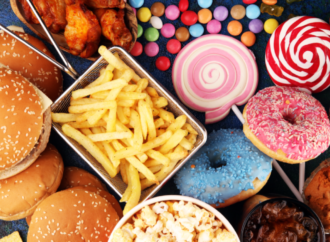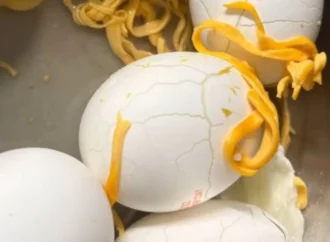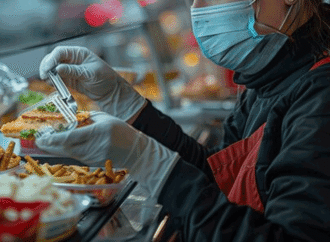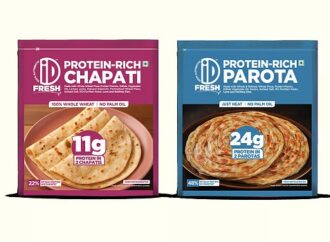Report
Major beverage companies, including Coca-Cola, Bisleri, and Parle Agro, are exploring legal options against the Indian government’s mandate to use 30% recycled food-grade PET (rPET) bottles starting April 1, 2025. According to media reports, industry leaders argue that the timeline is unrealistic due to inadequate recycling facilities, material shortages, and high costs, especially with peak summer demand approaching.
PET vs. rPET Bottles
Polyethylene terephthalate (PET) and its recycled counterpart, rPET, are widely used in textiles and packaging, yet they differ significantly in environmental impact and production processes.
PET is a durable, lightweight plastic commonly found in beverage bottles, food packaging, and synthetic textiles. While its recyclability and strength make it popular, its production relies on fossil fuels like petroleum and natural gas, making it resource-intensive and environmentally taxing.
In contrast, rPET offers a more sustainable alternative by repurposing post-consumer PET waste, such as discarded plastic bottles. The recycling process involves collecting, cleaning, and breaking down PET waste into flakes, which are then melted into rPET pellets or resin. Manufacturers use these materials to create new products, including rPET packaging, sheets, and polyester fabrics, reducing dependence on virgin plastics and minimizing waste.
Government Regulations on PET Bottles
India banned plastic waste imports, including PET bottles, to promote local recycling, in 2015. However, in 2016, the government revised this restriction, allowing imports only for facilities in Special Economic Zones (SEZs).
Under the Plastic Waste Management (PWM) Rules, 2016, India banned plastic sachets for gutkha, tobacco, and pan masala due to their high littering potential. The government also directed states and union territories to form dedicated task forces to eliminate single-use plastics (SUPs). Large plastic packaging producers, e-commerce firms, and SUP-heavy industries were instructed to phase out SUPs, but enforcement varied across regions. Some states imposed partial bans, while others implemented outright prohibitions.
In 2019, the Ministry of Environment, Forest and Climate Change (MoEFCC) imposed a complete ban on plastic waste imports to strengthen domestic waste management and prevent India from becoming a dumping ground. The Plastic Donation and Urban Solid Waste Management (PDUSM) campaign further supported this initiative.
India Resumes PET Waste Imports
Despite the 2019 ban, the government lifted restrictions on PET bottle imports in 2021 after recycling companies reported domestic shortages. Seven Indian firms sought approval to import 93,000 tonnes of PET bottle waste from the US, Canada, and Germany, citing insufficient local supply.
Under the latest MoEFCC directive, beverage manufacturers must incorporate 30% recycled plastic in rigid packaging, such as PET bottles, starting April 1, 2025. The requirement will increase by 10% annually, reaching 60% by the 2027-28 to 2028-29 financial year.
Industry Calls for ‘Practical’ Targets
During a December meeting with the Central Pollution Control Board, industry representatives urged the government to reconsider the 30% threshold, calling it too aggressive given the limited rPET availability. They proposed an initial 15% requirement with annual increases of 5%. Experts argue that expanding recycling capacity requires at least two to three years, even with continuous investments. Currently, only five Food Safety and Standards Authority of India (FSSAI)-approved plants can produce food-grade rPET, meeting just 15% of industry demand.
Cost and Compliance Challenges
The beverage sector fears that bottling costs could rise by nearly 30%, with some of the burden passed on to consumers. Smaller companies, unable to afford certified rPET, might resort to lower-quality recyclers, raising safety and regulatory concerns. Plastic bottles account for 70% of beverage packaging, offering lower transportation costs than glass and cheaper production than aluminium cans. A sudden shift to higher rPET levels without sufficient infrastructure could disrupt supply chains.
Government Response and Legal Disputes
However, officials insist that companies have had ample time to comply and are unlikely to extend the deadline. However, industry leaders believe the rigid timeline may force them to seek a preemptive court stay, delaying implementation.
Source: The Business Standard
 Food Manifest
Food Manifest 


















